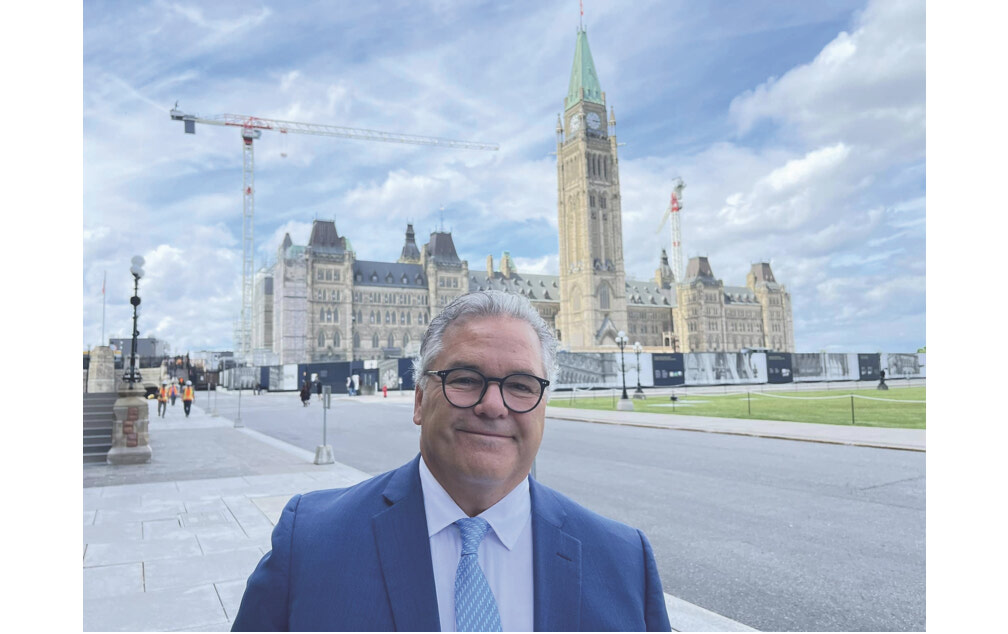Carbon Tax: Significant Gasoline Price Differences Between Gatineau and Ottawa
Mélissa Gélinas
Prime Minister Mark Carney abolished the carbon tax in Canada on April 1, 2025, except for Quebec. Having a different pricing system from the rest of Canada (cap-and-trade system for greenhouse gas emissions allowances (CETS) since 2013, the Outaouais region, like the rest of Quebec, will have to continue imposing this tax on consumers. As a result, this situation leads to a considerable price gap for gasoline between border regions, as is the case with Gatineau and Ottawa.
"Never in living memory have we seen such significant gaps," said Carol Montreuil, Vice-President of the Canadian Fuels Association. "These differences can reach up to 30 cents per litre [...]."
According to Montreuil, this is an untenable situation for gasoline retailers, who must face this kind of competition in a difficult economic period. "Consumers are right to shop around for better prices," she said. "This doesn't mean that people aren't concerned about the environment, but right now, they have other priorities with the rising cost of living. The government should implement a gas rebate system if it wants to provide some relief and make retailers more competitive."
Daniel Breton, President and CEO of Electric Mobility Canada stated, "The problem is that people don't know where the money from this tax is going. People need to be better informed and have better access to information because, right now, there's a huge lack of transparency.”
The money generated by the carbon tax will first be used to invest in several climate change network projects financially supported by the Quebec government. "Some of these projects are good and some are not so good," stated Breton. “Among the main projects are the charging infrastructure file and the purchase of electric vehicles. However, by 2027, the rebate offered for the purchase of electric cars will disappear. The owner of this type of car will then have to pay a tax," he added.
"I believe that, first and foremost, we should invest in efficient, electrified public transportation throughout Quebec," said Breton. "Currently, public transit is underfunded."
By 2030, the government's goal is to reduce its petroleum product consumption by 40% compared to 2013 levels. Daniel Breton pointed out that the measures currently in place are not sufficient to achieve this rate.
However, the transition to electric car purchases appears to be accelerating. This will significantly improve the environment and public health. "According to Health Canada, the cost of road pollution is estimated at more than $10.5 billion for Canada, including $2 billion for Quebec," Breton stated.
Nevertheless, Quebec Premier François Legault has emphasized that we will have to wait for the election results on April 28 before a decision on suspending the tax is made.





